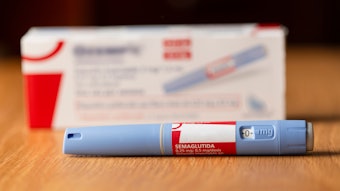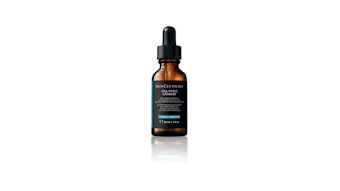Minimally invasive facelifts performed with absorbable barbed sutures have longevity of less than a year, according to a recent study by Dario Bertossi, MD, et al, published on February 15, 2019 in Aesthetic Surgery Journal.
The authors retrospectively evaluated the outcomes of 160 consecutive patients who underwent facelifts with barbed polydioxanone (PDO) threads. There were two methods used: For malar augmentation and correction of nasolabial grooves, two or three 23-gauge PDO threads were placed per side; for treatment of mandibular lines, two to four 21-gauge PDO threads were inserted per side.
Based on their review, the researchers found that all patients experienced improvement in facial tissue ptosis immediately after suture placement and for one month postoperatively. This improvement declined noticeably by six months and was absent by one year.
The overall complication rate in the early postoperative period was 34 percent (55 of 160 patients). Complications included, superficial displacement of the barbed sutures (11.2 percent, 18 patients), transient erythema (9.4 percent, 15 patients), infection (6.2 percent, 10 patients), skin dimpling (6.2 percent, 10 patients), and temporary facial stiffness (1.2 percent, 2 patients).
The authors concluded, “Given this transient benefit and the complication rate of 34 percent, we recommend limiting this procedure to patients with contraindications for more invasive facial surgery.”











